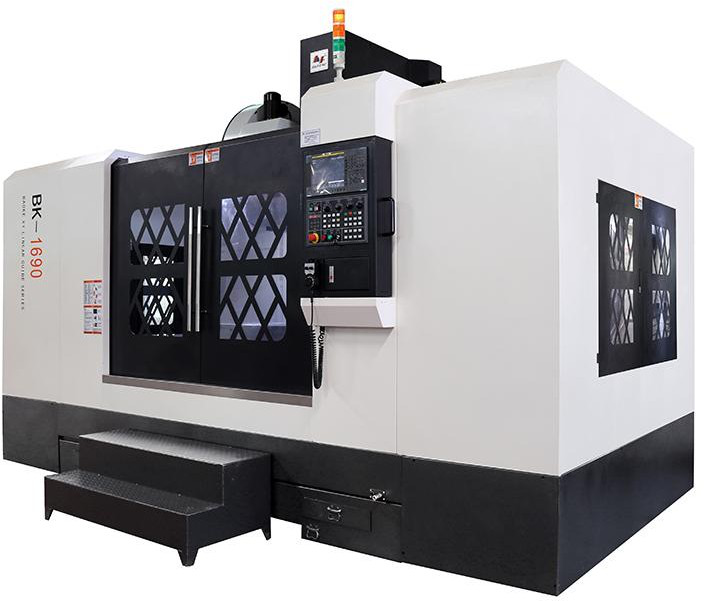E-postformatfeil
emailCannotEmpty
emailDoesExist
pwdLetterLimtTip
inconsistentPwd
pwdLetterLimtTip
inconsistentPwd

Nyheter
CNC Lathe Processing Skills(2)
- Feed
F mainly depends on the workpiece processing surface roughness requirements. During finish machining, the surface requirements are high, and the tool feeding amount is taken as small: 0.06~0.12mm/ spindle per revolution. During rough machining, it can be larger. It mainly depends on the tool strength, which can generally be more than 0.3. When the main rear angle of the tool is large, the tool strength is poor, and the feed amount cannot be too large. In addition, the power of the machine tool and the rigidity of the workpiece and tool shall be considered. The NC program uses two units of feed: mm/ min and mm/ spindle per revolution. The above units are mm/ spindle per revolution. If mm/ min is used, the formula can be used to convert: feed per minute = feed per revolution * spindle revolutions per minute.

- Cutting depth (cutting depth)
Generally, it can be less than 0.5 (radius value) during finishing. During rough machining, it is determined according to the workpiece, cutter, and machine tool. Generally, small lathes (the maximum machining diameter is less than 400mm) turn No. 45 steel under a normalized state, and the cutting depth in the radius direction is generally not more than 5mm. In addition, it should be noted that if the spindle speed of the lathe adopts ordinary frequency conversion speed regulation when the spindle speed per minute is very low (less than 100~200 RPM), the motor output power will be significantly reduced, and at this time, the cutting depth and feeding amount can only be very small.
Reasonable tool selection
- during rough turning, tools with high strength and good durability shall be selected to meet the requirements of large back feed and large feed during rough turning.
- when finishing turning, tools with high precision and good durability shall be selected to ensure the requirements of machining accuracy.
- to reduce the time of tool change and facilitate tool setting, machine clamped knives and machine clamped blades should be used as much as possible.
Reasonable selection of fixture
- try to use general fixtures to clamp the workpiece, and avoid using special fixtures;
- the positioning datum of parts coincides to reduce the positioning error.
Determine processing route
The machining route refers to the path and direction of the tool relative to the part in the machining process of the NC machine tool.
- the machining accuracy and surface roughness requirements shall be ensured;
- the processing route shall be shortened as far as possible to reduce the tool idle travel time.
Relation between machining route and machining allowance
At present, under the condition that the numerical control lathe has not reached universal use, it is generally necessary to arrange the excessive allowance on the blank, especially the allowance containing forged and cast hard skin layer, to be processed on the ordinary lathe. If it is necessary to process with a numerical control lathe, it is necessary to pay attention to the flexible arrangement of the program.
Key points of fixture installation
At present, the connection between the hydraulic chuck and the hydraulic clamping cylinder is realized by the pull rod. The key points of the hydraulic chuck clamping are as follows: first, remove the nut on the hydraulic cylinder by the hand, remove the pull pipe, pull it out from the rear end of the main shaft, and then remove the chuck fixing screw by the hand.
Searching for an eccentric turning on cnc lathe, cnc lathe tooling, cnc lathe bar feeder from China, you can get high-quality products at a nice price.

